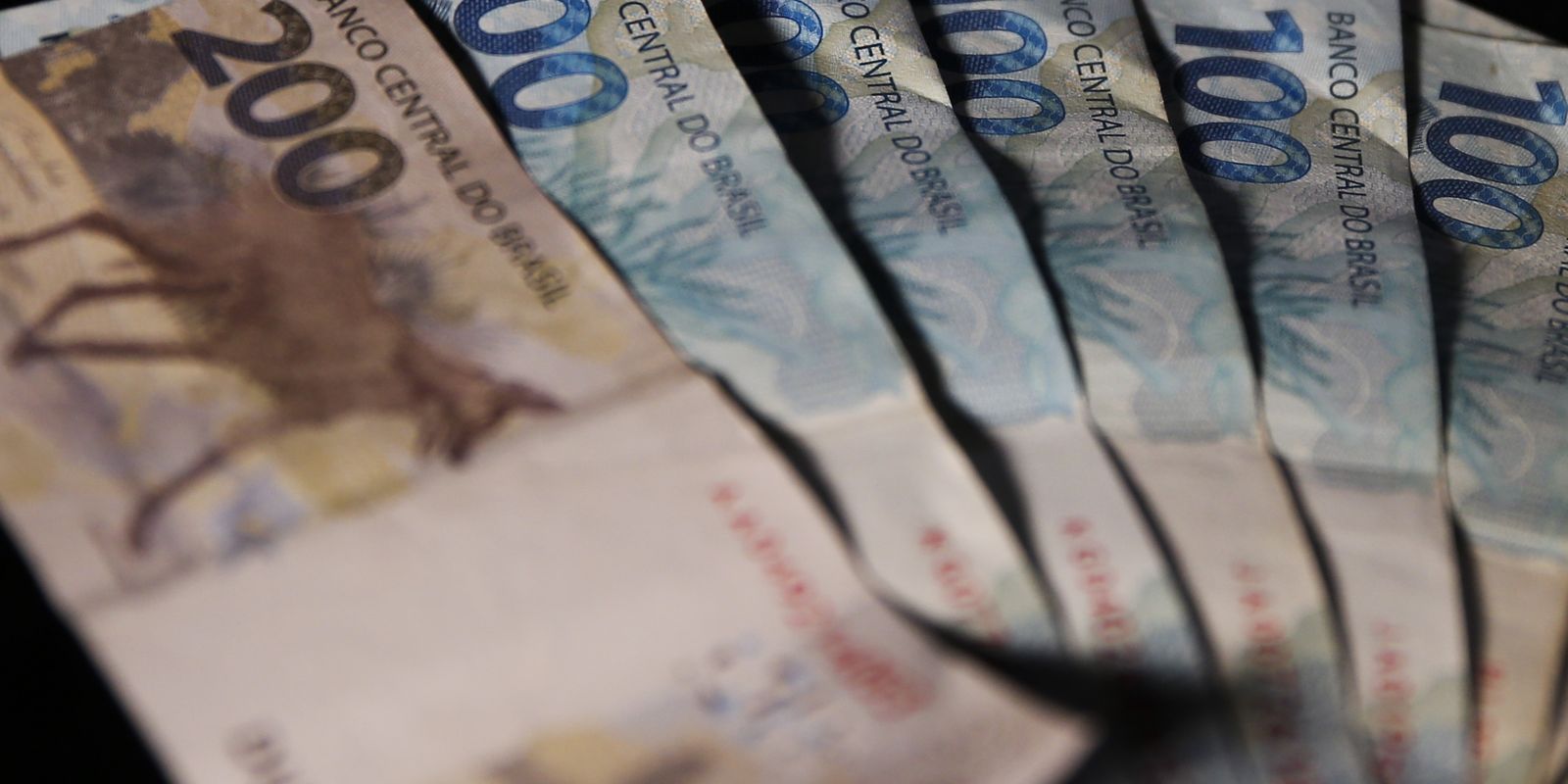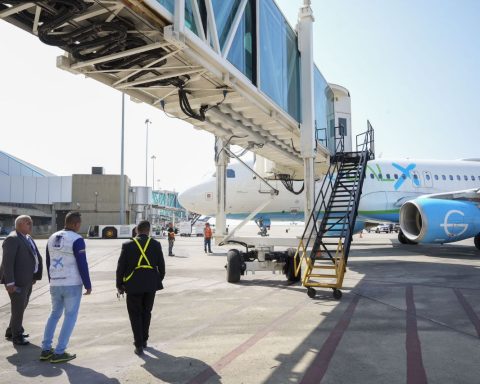Without the transfer of the old PIS/Pasep fund to the Treasury, the Central Government accounts (National Treasury, Social Security and Central Bank) closed the month of September with a primary deficit of R$5.326 billion. The result is the worst for the month since 2020, when the deficit was R$76.144 billion due to the covid-19 pandemic. In the same month last year, the government had recorded a primary surplus of R$11.554 billion.
In September last year, around R$26.3 billion from the old fund that housed the revenues from the Social Integration Program (PIS) and the Public Servant Asset Formation Program (Pasep) were transferred to the National Treasury. The transfer was foreseen in the Transitional Constitutional Amendment, enacted at the end of 2022. As revenues were not repeated this year, the primary result worsened.
Despite the statistical effect, the result was worse than expected by financial institutions. According to the Prisma Fiscal survey, released every month by the Ministry of Finance, market analysts expected a negative result of R$2 billion in September. The result was released a week late due to the strike by National Treasury employees.
In the first nine months of the year, the Central Government recorded a primary deficit of R$105.187 billion. In values adjusted for inflation, the amount is 7.4% higher than in the same period last year, when there was a primary deficit of R$94.330 billion. The result is also the worst for the period since 2020.
The primary result represents the difference between revenues and expenditures, disregarding interest payments on public debt. This year’s Budget Guidelines Law (LDO) and the new fiscal framework establish a target of zero primary deficit, with a tolerance margin of 0.25 percentage points of Gross Domestic Product (GDP) up or down, for the Central Government.
At the end of September, the Income and Expense Assessment Report projected primary deficit of R$28.3 billion for the Central Government, equivalent to a negative result of 0.25 percentage points of GDP. The value is exactly equivalent to the tolerance margin provided for by the fiscal framework.
However, with expenses outside the fiscal framework, such as court orders and extraordinary credits for the reconstruction of Rio Grande do Sul and fighting forest fires, the expected negative result is around R$68.8 billion. This is because exceptional expenditure is not included in the primary deficit target.
Even with record revenue this year, the government froze R$13.3 billion from the Budget. This entire amount arises from the blocking of funds so as not to breach the spending limit of the fiscal framework. At the moment, there are no contingency resources (temporarily cut) to avoid exceeding the tolerance margin of around R$29 billion for the primary result provided for in the new fiscal rules.
Revenues
Without the extraordinary resources from September last year, revenues plummeted, while expenses rose slightly. Last month, net revenues fell 4.4% in nominal terms. Discounting inflation by the Broad National Consumer Price Index (IPCA), the decline reaches 8.5%. In the same period, total expenses rose 5.9% in nominal values and 1.4% after discounting inflation.
The primary deficit occurred despite the record federal revenue in September. If we only consider administered revenues (related to the payment of taxes), there was an increase of 17.4% in September compared to the same month last year, already discounting inflation. This is because the administered revenues do not include the transfer from the PIS/Pasep Fund.
The main highlights were the increase in Corporate Income Tax, caused by the increase in profits of large companies; the Contribution to the Financing of Social Security (Cofins), resulting from the recomposition of taxes on fuel and the recovery of the economy; and the increase in Withholding Income Tax collection, due to the taxation on exclusive funds, which came into force at the end of last year.
Revenues not administered by the Federal Revenue fell 59.8% after inflation compared to September last year. In addition to the old PIS/Pasep Fund, the biggest drops were caused by dividends from state-owned companies, whose payments fell 37.6% in September, discounting inflation. The 12.3% increase in royalties, resulting from the appreciation of oil on the international market, prevented a greater drop.
Expenses
As for spending, the main factor in the monthly increase was the anticipation of R$4.3 billion in precatório scheduled for 2025 relating to Rio Grande do Sul. According to the Treasury, this impacted Social Security spending by R$2.84 additional billions, discounted for inflation, due to the greater number of beneficiaries and the policy of increasing the minimum wage.
Boosted by the new Bolsa Família, spending on mandatory flow control expenses (which includes social programs) rose R$1.16 billion above inflation in September compared to the same month last year. Spending on the Continuous Payment Benefit (BPC) also increased, by R$1.1 billion above inflation, due to the increase in the number of beneficiaries and the policy of increasing the minimum wage.
Spending on federal civil servants rose by R$2.86 billion (+1.1%), discounting inflation in the first nine months of the year compared to the same period last year. The increase was offset by the payment of court orders at the beginning of the year, which reduced the payment of court sentences by 50.1%, discounted for inflation.
As for investments (public works and purchase of equipment), the total in the first nine months of the year totaled R$52.285 billion. The value represents an increase of 18.5% above the IPCA in relation to the same period in 2023. In recent months, this expense has alternated between periods of growth and decline, discounted for inflation. The Treasury attributes the volatility to the variable pace in the flow of public works.
*Text enlarged at 5:27 pm to add information
















